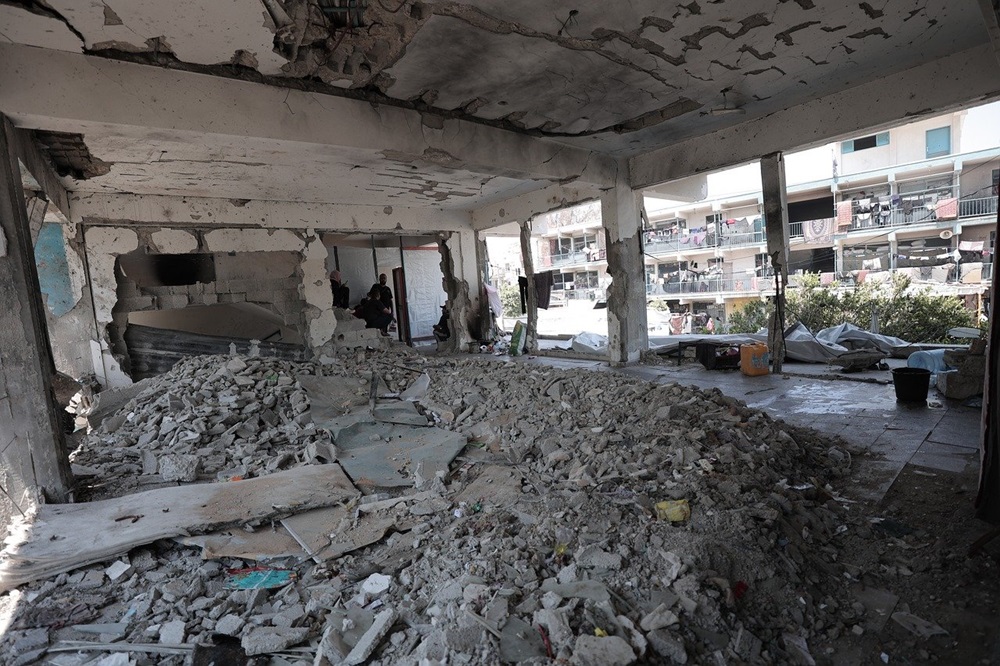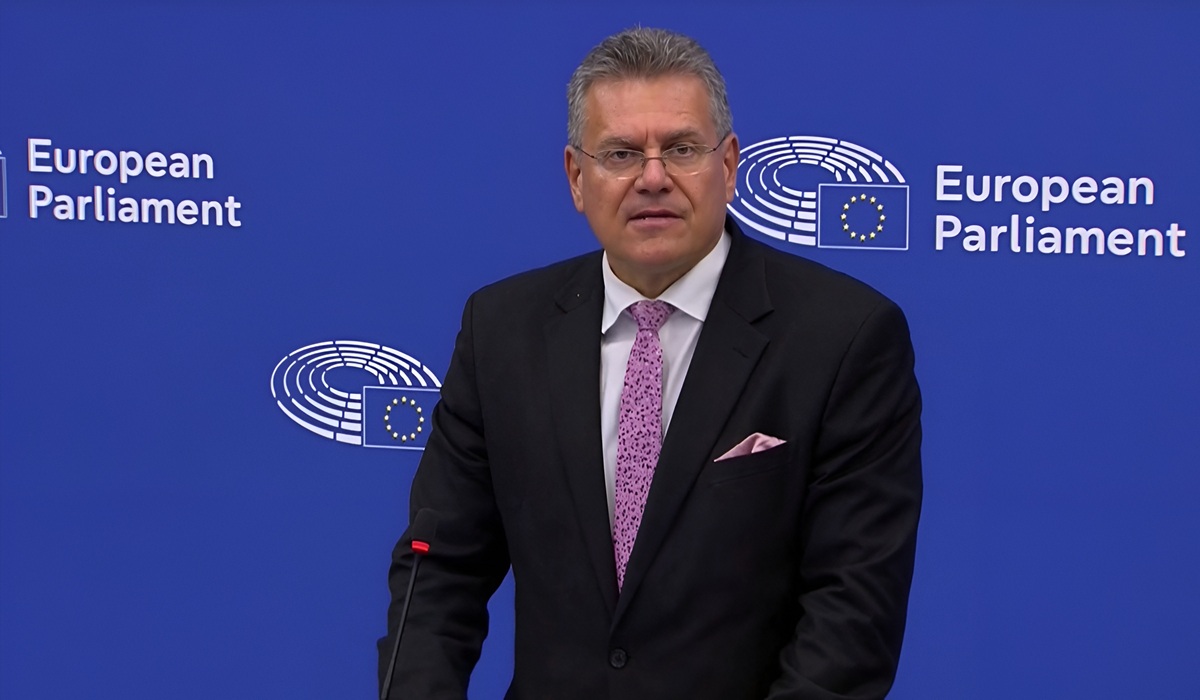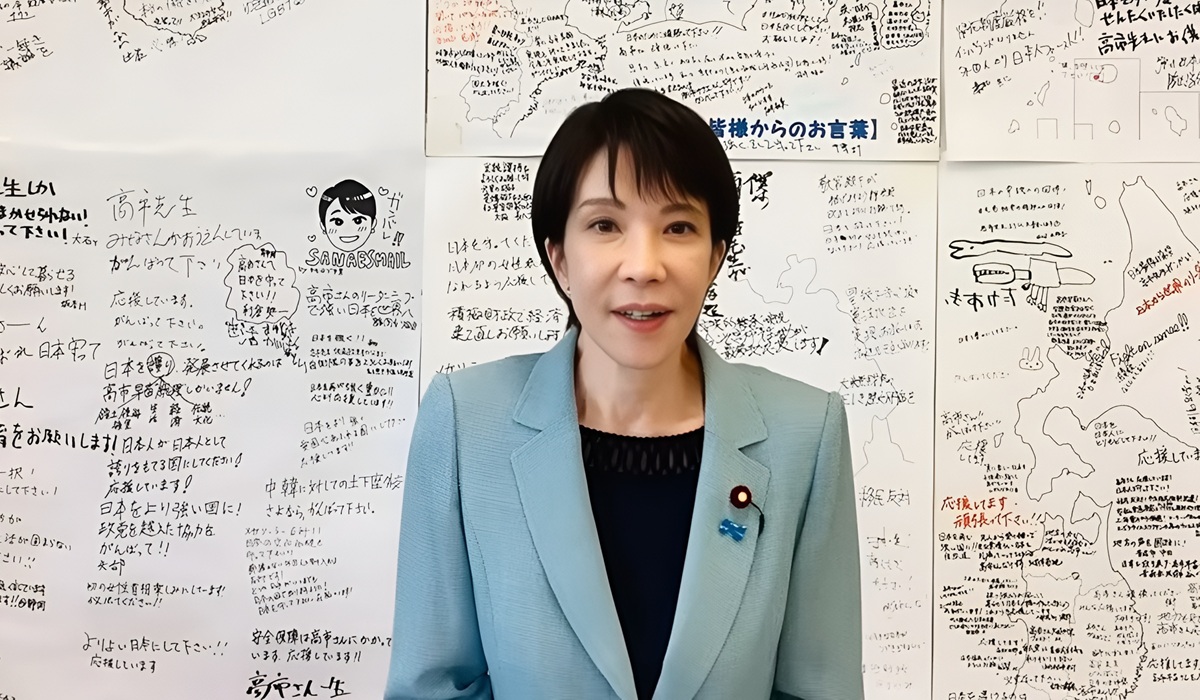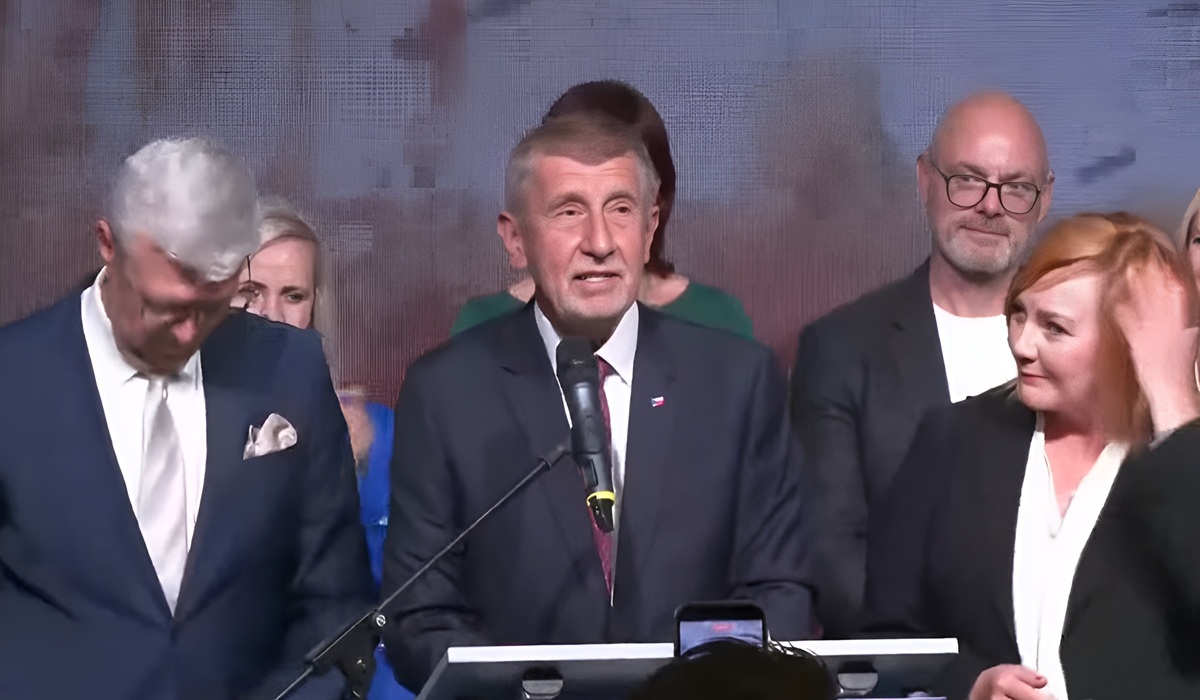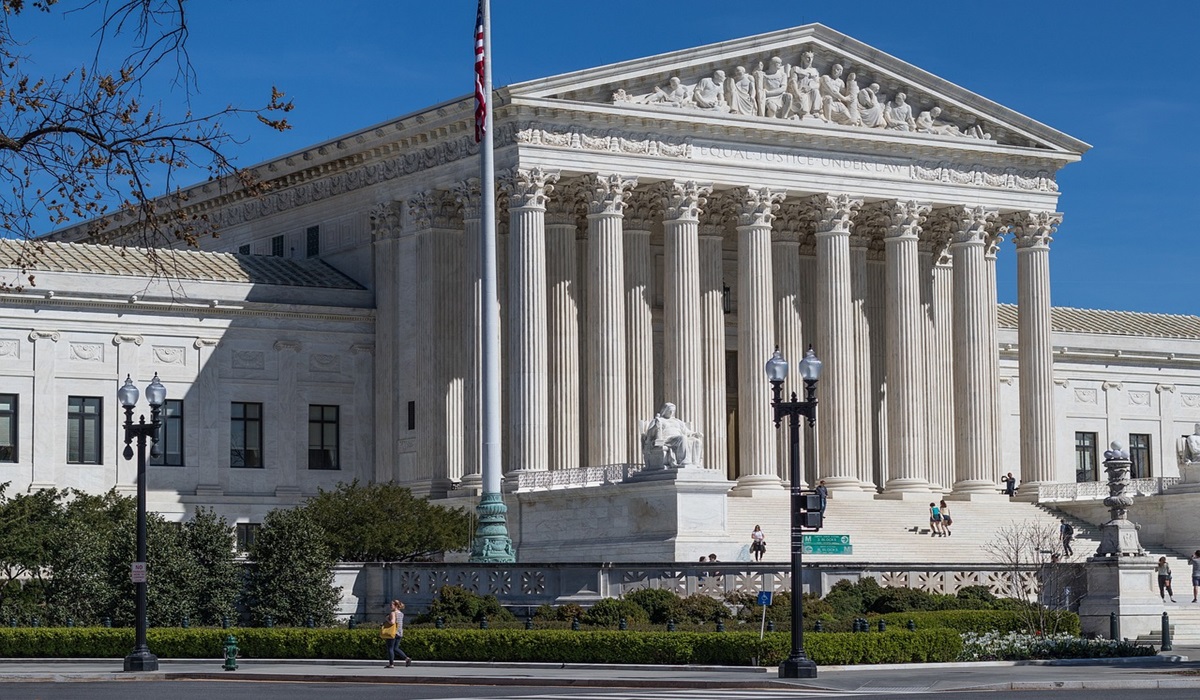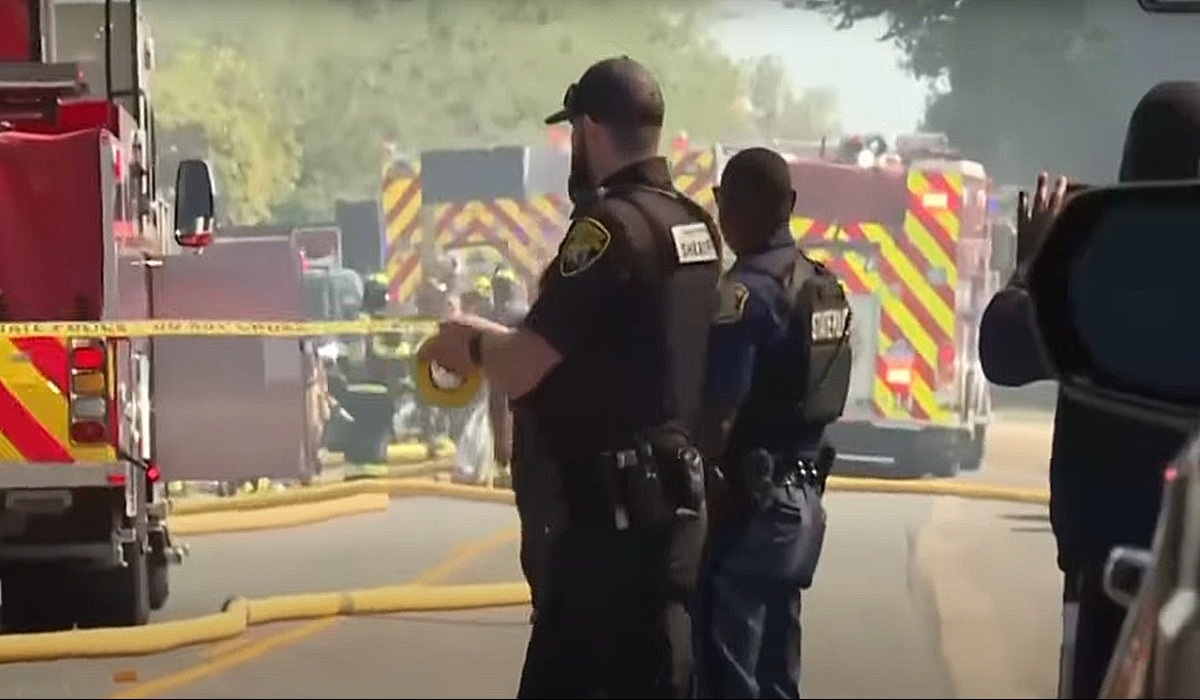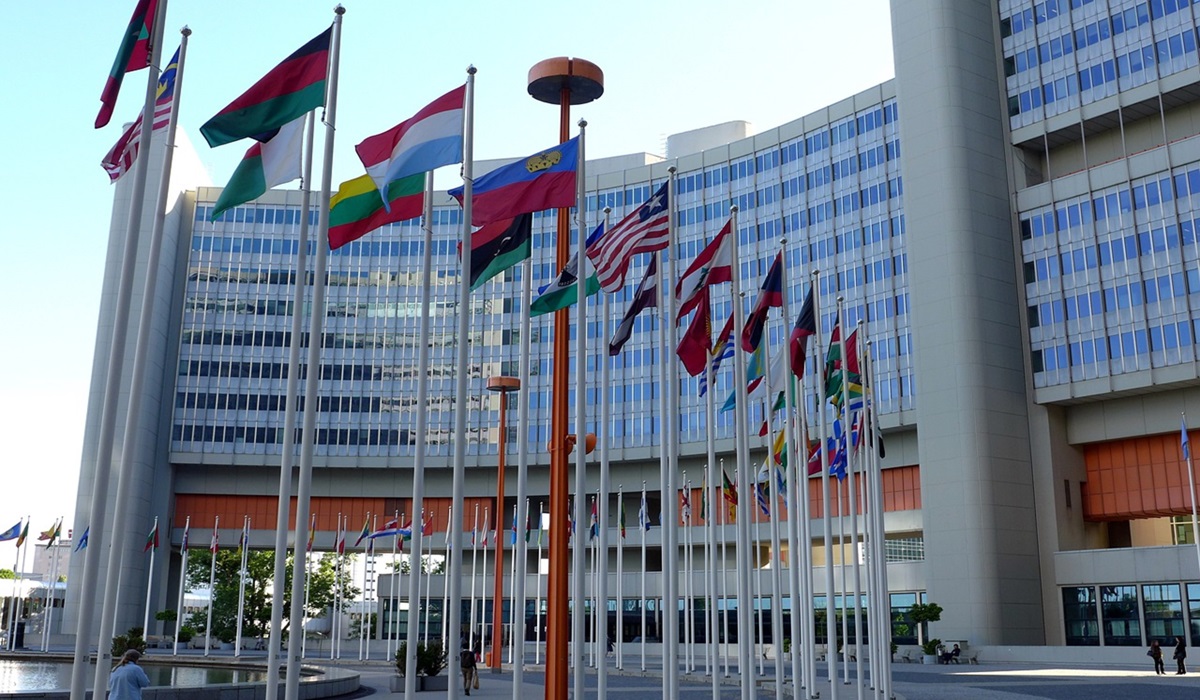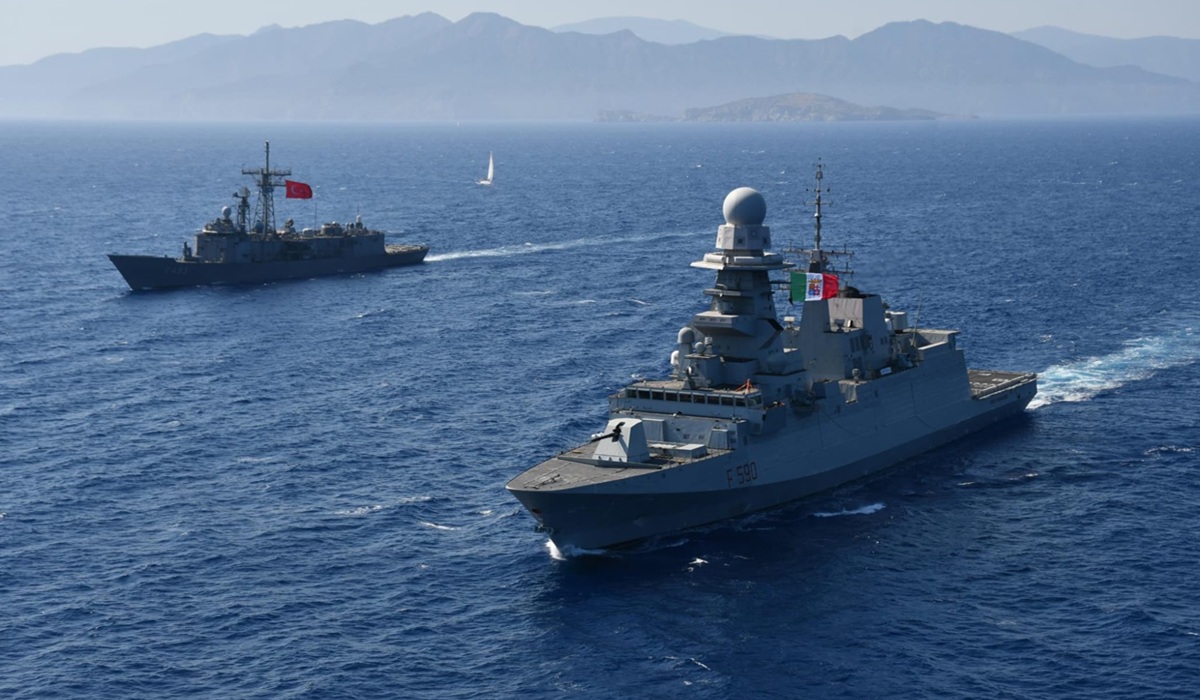The Flame of Freedom: Maria Corina Machado’s Defiant Stand in the Shadows of Tyranny
- Ingrid Jones
- Breaking News
- October 10, 2025

In the heart of Venezuela, where the air is thick with the scent of jasmine and the echoes of silenced voices, one woman’s unyielding courage has become a beacon for a nation gasping for breath under the weight of authoritarian rule. Maria Corina Machado, the 2025 Nobel Peace Prize laureate, has spent the past year in the shadows—forced into hiding after defying a regime that clings to power through fraud, fear, and force. Despite grave threats to her life, she has refused to flee her homeland, choosing instead to remain among the people she fights for. This act of quiet defiance has ignited hope in millions, transforming her from a political leader into a living symbol of resilience. As the Norwegian Nobel Committee aptly declared, Machado has kept “the flame of democracy burning” amid an encroaching darkness.
When authoritarians seize power, it is crucial to recognize courageous defenders of freedom who rise and resist. Democracy depends on people who refuse to stay silent, who dare to step forward despite grave risk, and who remind us that freedom must never be taken for granted, but must always be defended—with words, with courage, and with determination.
Born in 1967 into a family of industrialists in Caracas, Maria Corina Machado might have pursued a life of quiet prosperity. An industrial engineer by training, she co-founded a high-tech company in the 1990s, embodying the innovative spirit that once defined Venezuela’s oil-rich economy. But as Hugo Chávez’s socialist revolution took hold in the late 1990s, plunging the country into economic ruin and political repression, Machado’s path veered toward activism. In 2004, she established Súmate, a non-governmental organization dedicated to defending voting rights and electoral integrity—a bold move in a nation where dissent was swiftly branded as treason.
Elected to Venezuela’s National Assembly in 2010 with a record-breaking mandate, Machado quickly emerged as a thorn in the side of Chávez’s successor, Nicolás Maduro. She led protests in 2014 against hyperinflation, food shortages, and rampant corruption, enduring arrests, bans from public office, and smears from state media. Undeterred, she founded Vente Venezuela in 2012, a party rooted in liberal democracy, free markets, and human rights. By 2023, her star had risen meteorically: she swept the opposition primaries with over 90% of the vote, positioning herself as the unified challenger to Maduro in the 2024 presidential election.
But the regime struck back. In January 2024, Venezuela’s Supreme Court—stacked with Maduro loyalists—upheld a 15-year ban on Machado running for office, citing fabricated corruption charges tied to her opposition to the “criminal blockade” allegedly orchestrated by interim leader Juan Guaidó. Undaunted, she threw her support behind Edmundo González Urrutia, her handpicked successor, and orchestrated a grassroots campaign that mobilized millions. “It was a choice of ballots over bullets,” she later reflected, encapsulating her belief in peaceful, electoral transition.
July 28, 2024, dawned with promise. Polling stations buzzed with unprecedented turnout—over 80% of eligible voters, the highest in decades—as Venezuelans rejected a decade of misery: 95% poverty rates, mass emigration of 7.7 million people, and a GDP shrunk by 75% since 2013. Early tallies, leaked from polling centers, showed González surging ahead with 67% of the vote, a landslide repudiation of Maduro’s rule. Jubilation erupted in the streets of Caracas and beyond.
Then, silence. The government-controlled National Electoral Council (CNE) went dark for 12 hours before announcing Maduro’s “victory” with 51.95%—a figure without tally sheets, witnesses, or transparency. International observers, including the Carter Center and the UN, decried the process as fraudulent, with former U.S. Secretary of State Antony Blinken stating it “does not reflect the will or the votes of the Venezuelan people.” Machado and González released over 80% of the real voting tallies, proving the opposition’s triumph. Yet Maduro’s response was swift and savage: mass arrests, internet blackouts, and a death squad crackdown that involved killings, torture, and forced disappearances.
On August 3, 2024, Machado addressed a roaring crowd from atop a truck in Caracas, her voice a clarion call: “We won, and we will not surrender.” But by dawn, the net closed. Fearing assassination—regime hit squads had already targeted allies—she vanished into hiding. That night marked the last time she slept in her own bed. For the next 14 months, Machado has operated from secret locations, coordinating via encrypted channels, smuggling messages, and rallying supporters through smuggled videos. Rumors swirl that she may even be sheltered at the U.S. embassy, though she denies it, insisting: “Our people want and need to know that I’m here with them.”
Hiding in plain sight is no metaphor for Machado. She moves under cover of night, changes locations weekly, and forgoes the simplest joys—a hug from her children abroad, a meal with friends—for the greater cause. In a rare interview from an undisclosed spot in August 2024, she confessed to weeks of longing for embrace, yet affirmed her resolve: “That’s what makes me wake up every single day.” She briefly resurfaced in January 2025 during protests against Maduro’s sham inauguration, only to be detained briefly before public outcry forced her release. Today, at 58, she endures what she calls “total terror” from a regime that has jailed 823 political prisoners and expanded “exception powers” to quash dissent.
Yet from this precarious perch, Machado’s influence has only grown. She has unified a fractured opposition, secured sanctions from the U.S. and EU, and inspired global solidarity. On X, her name trends with hashtags like #VaAPasar (“It’s Going to Happen”) and #MariaCorinaMachado, where Venezuelans share stories of her as “the woman who carries the weight of hope.” One supporter posted: “Lealtad para María Corina Machado… She was in the clandestinidad for months, risked her life, and still stands tall.” Her choice to stay—eschewing exile for the frontlines—has mobilized millions, proving that true leadership isn’t measured in offices held, but in risks taken.
On October 10, 2025, the world awoke to news that felt both inevitable and electric: Maria Corina Machado had won the Nobel Peace Prize. The Committee lauded her “tireless work promoting democratic rights” and her quest for a “just and peaceful transition from dictatorship to democracy.” From hiding, she responded with humility: “I’m in shock… This is something the Venezuelan people deserve.” Allies like González hailed it as “Venezuela’s first Nobel,” a nod to her shared 2024 Sakharov Prize with him for embodying the fight for freedom.
The award arrives at a pivotal moment. Maduro’s grip frays—internal Chavista defections mount, and international isolation deepens—yet his terror persists. Machado’s Nobel isn’t just acclaim; it’s ammunition. As one X user noted amid pre-announcement buzz, her odds soared to 73% on prediction markets like Polymarket, eclipsing even high-profile contenders, a testament to her global resonance. In a year shadowed by conflicts from Ukraine to Gaza, her story underscores the Nobel’s power to spotlight civilian courage against authoritarianism, echoing last year’s honor to Japanese atomic bomb survivors.
Maria Corina Machado’s saga is a stark reminder: democracy isn’t a birthright; it’s a battlefield. In Venezuela, where over 7 million have fled a “narcodictatorship,” her refusal to abandon ship inspires not just Venezuelans, but dissidents worldwide—from Belarus to Iran. She embodies the words of Vaclav Havel, another Nobel laureate: “Truth and love must prevail over lies and hate.” Her vision—judicial reform, free education, same-sex marriage, and economic liberalization—offers a blueprint for renewal.
As threats loom and exile tempts, Machado persists. “The only thing Maduro has left is terror,” she told EL PAÍS from hiding, predicting his regime’s inevitable fall. Her story urges us all: In the face of power’s iron fist, one voice—amplified by millions—can shatter the silence. Freedom, she teaches, is defended not in safety, but in the storm. And as long as she breathes free air in her beleaguered homeland, Venezuela’s flame endures.

